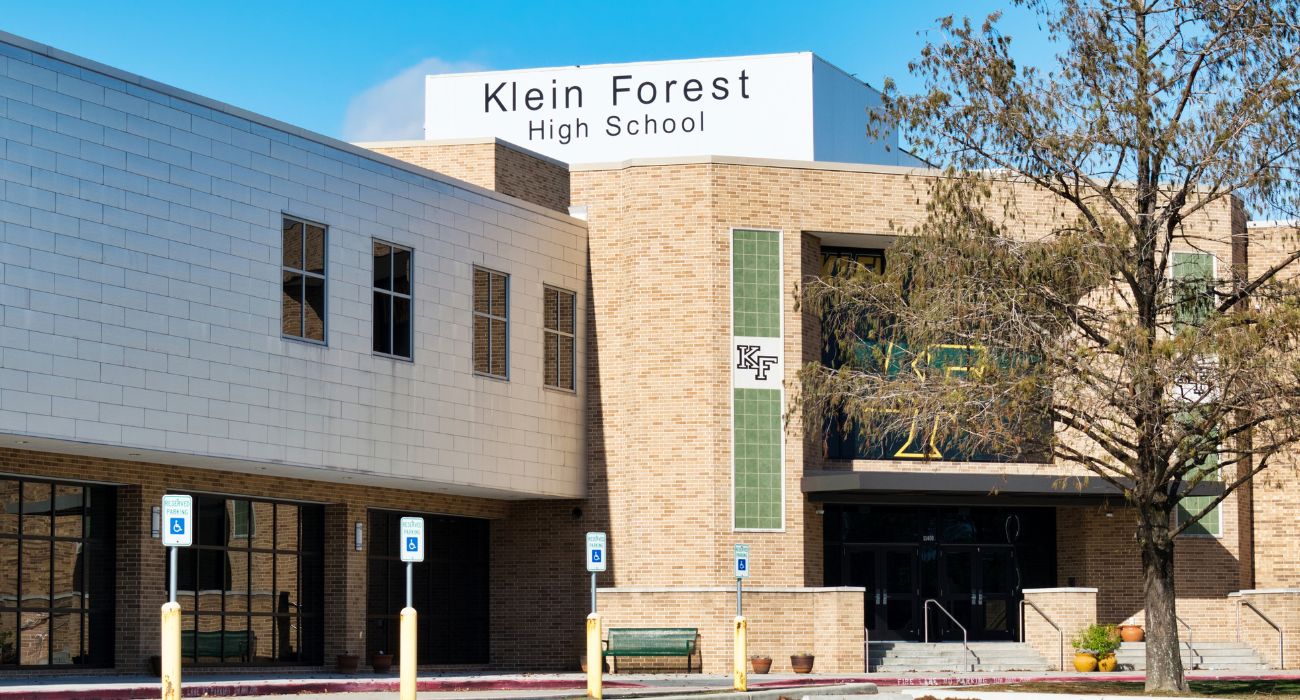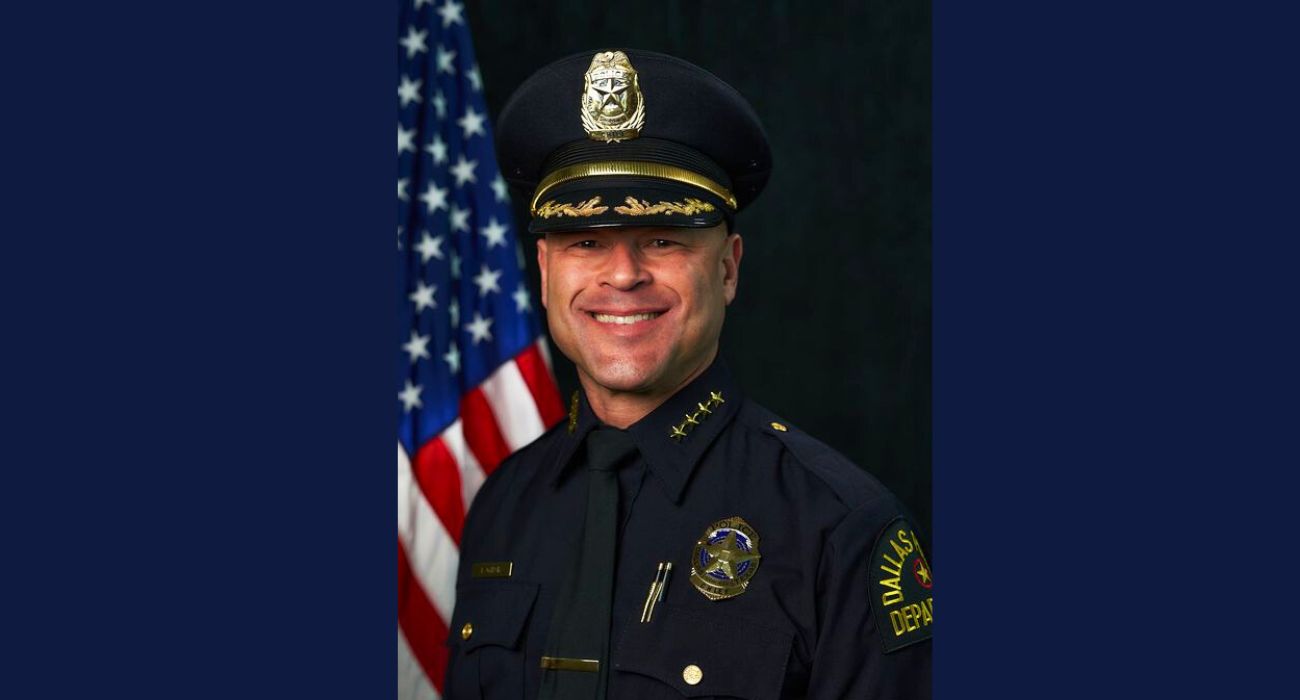On Tuesday, Dallas City Council members were briefed on a new technology that aims to reduce traffic congestion.
The goal is to integrate data from smartphones and smart vehicles to update traffic signals. Dallas is in the process of replacing old traffic signals in favor of ones equipped to link with a traffic management center at City Hall, according to NBC 5 DFW.
On Commerce Street, the upgrade is on display as the signals are timed to keep cars moving at a steady pace.
Several upgrades have also been made to the traffic management center to enable it to communicate with more signal locations.
“I think it’s a good idea. There’s a lot of smart traffic signals in Charlotte, Atlanta, that area, where they will move on as you go,” driver Frank Field told NBC 5 DFW.
Due to their networking capabilities, smartphones can track congestion, whereas smart vehicles can send data to manufacturers and driver assistance services.
Dallas would gather data from both sources to control more traffic signals, according to NBC 5 DFW.
“Those data are very high quality and have a huge potential for future transportation systems. But the data size is exponentially growing, it’s a lot of data,” Taylor Li, a University of Texas at Arlington assistant civil engineering professor, told NBC 5 DFW.
Li spoke with the Dallas transportation director on the new approach and said that Dallas would be one of the first major cities to use the data in this form.
The benefits of less congestion are multi-fold.
“And also, of course, if vehicles are moving faster, we have fewer crashes. We’re also going to reduce emissions, improving the air quality.” said Li, per NBC 5 DFW. “We have a bright future coming to us with this new data,” Li added.
Still, some drivers are not completely thrilled about the prospect of using more tech to improve traffic.
“Well, it’s good thinking, but if you get too much technology, it’s just more stuff to go wrong,” driver Eric Carter told NBC 5 DFW.
Additionally, with new data collecting comes privacy concerns.
“The government tracks us close enough. They don’t need to track us any more than they do already. Nothing is private. They already know. They could do just a better job of monitoring the traffic with police officers,” said driver Tony McCoy, per NBC 5 DFW.
The project is expected to cost $21 million and take five years to install, but Li argued the benefits would outweigh the cost, according to NBC 5 DFW.






